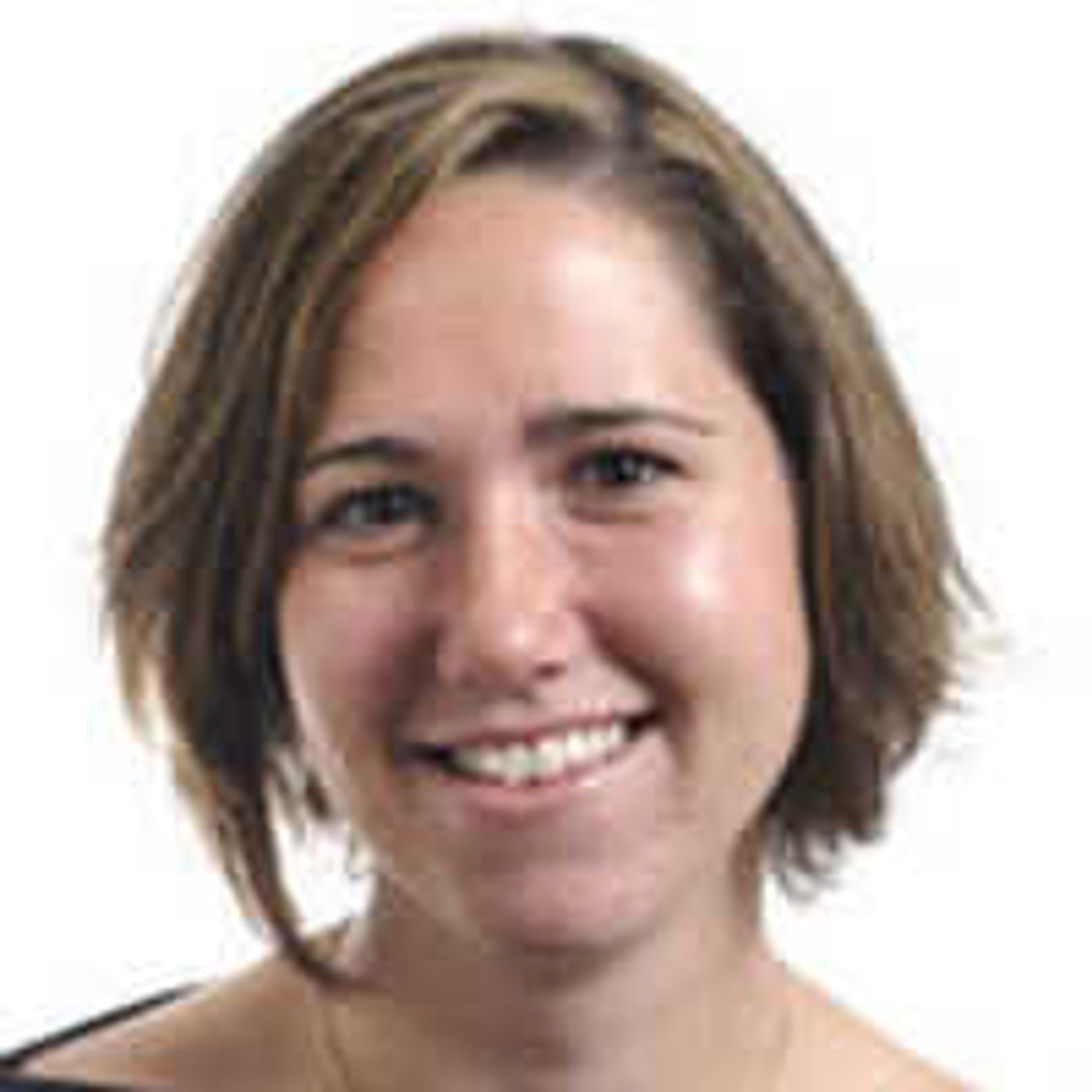Out of line: Diagnosing autism
Brian and Linda Randolph always knew their son Zach was different. The doctors told them he would catch up eventually and then diagnosed him with ADD. It wasn't until he started school in 2005 that he was diagnosed with autism. It took the parent of another autistic child at the school to recognize the disorder...
Brian and Linda Randolph always knew their son Zach was different.
The doctors told them he would catch up eventually and then diagnosed him with ADD. It wasn't until he started school in 2005 that he was diagnosed with autism. It took the parent of another autistic child at the school to recognize the disorder.
"We see the signs now," Linda Randolph said. She has looked at home video and found Zach flapping his arms, not making eye contact and not responding to people calling him.
Zach wouldn't actually play with his toys, she said, "he'd line his books all the way across the living room floor." They dismissed the behavior and just stepped over the trail.
Testing all children
Randolph said she agrees with the recent call for mandatory autism screening in all children younger than 2. Experts and parents say early intervention is key in treatment for autism, and the screenings will help in advance diagnosis.

"The longer they go untreated, the increase of opportunity to begin to taking on maladaptive behaviors and functions," said Elaine Beussink, the director of The Tailor Institute. She also did work in public schools relating to the assessment of autism.
In a report released last week, the American Academy of Pediatrics advocated early testing in all children younger than 2 years old. As it stands, the tests are only performed at parents' request.
Problems with language or social skills can arise around 18 months, but the report said certain signs can lead to an earlier diagnosis. Things such as children not responding to their name, not turning to look when prompted or preferring to hold keys or pens as opposed to blankets and stuffed animals can all be warning signs.
The Randolphs said doctors need to be more knowledgeable. Their new pediatrician has been willing to learn, but even their daughter-in-law, who is a nurse, has a hard time recognizing autism.
"You've got to look at the signs. You can't go by the textbooks because it's not in the textbooks," Linda Randolph said.
Pinpointing autism
The signs and actions can vary with each child, making it more difficult to pin down a diagnosis.
"There's lots of different things that manifest themselves as autism," said David Crowe, an orthodontist in Cape Girardeau. Crowe's son Taylor started showing signs of autism between age 2 and 3. He was finally diagnosed in 1985, at age 4, as autistic.
Autism is an umbrella term. "It's really autisms," Crowe said.
There are five different disorders that are classified as autism spectrum disorders. Each has varying degrees of impairment in communication skills, social interactions and prevalence of repetitive behavior.
Autism spectrum disorders cover very low-functioning like Autism disorder, the high-functioning Asperger's syndrome and the blanket term PDD-NOS (pervasive developmental disorder not otherwise specified).
Zach, now 7, has Asperger's syndrome. His parents said he knows he is different and is learning to control his anger and frustrations. He has trouble with fine motor skills, for which he is taking music therapy.
Kelley Pujol, a music therapist with the Southeast Missouri Autism Project Judevine Center for Autism in Cape Girardeau, works with Zach on the piano to increase hand movement and control and singing songs that reassure him nobody's perfect. Zach often gets upset when he makes mistakes. He got into trouble at school because he changed other students' answers so they were all correct.
Asperger's syndrome is considered a milder form of autism. The lack of social interaction and an obsession with objects or tasks can be the same as with autistic disorder, but there are no significant delays in language. While he's only in the second grade, Zach reads on a fifth-grade level.
"They told us, 'Academically we have no problems. It's the other things,'" said Brian Randolph, Zach's father.
Someone with Asperger's syndrome will speak when spoken to and can hold a job later in life, but parents may notice a lack of empathy, said Dr. Scott Keller, a pediatrician with Cape Girardeau Physicians Associates.
Neurons under scrutiny
Researchers are attempting to improve the feelings of empathy with a new treatment that targets mirror neurons.
Mirror neurons are basically responsible for recognizing and mimicking the facial expressions of someone else, said Dr. Kevin Vaught, a neurosurgeon with the Brain and NeuroSpine Clinic of Missouri. "But also that you understand the emotions behind those facial expressions."
Scientists have found that the mirror neurons in people with ASDs don't work or develop as well as a normal brain, which explains why people with ASD don't understand sarcasm or have trouble interacting with their environment.
The key is going from simply discussing the social and behavior problems of children with ASD to putting an anatomical diagnosis on it, Vaught said. "Once you can do that then you can start focusing on, OK, what can you do to start modifying those with therapy or medication or whatever?"
Official studies are just beginning, but pilot studies at both Harvard and University of California San Diego show progress in children with ASD when the mirror neurons are exercised.
charris@semissourian.com
335-6611, extension 246
Connect with the Southeast Missourian Newsroom:
For corrections to this story or other insights for the editor, click here. To submit a letter to the editor, click here. To learn about the Southeast Missourian’s AI Policy, click here.











